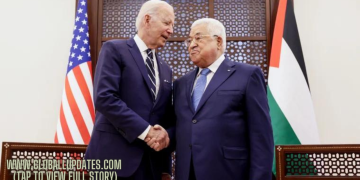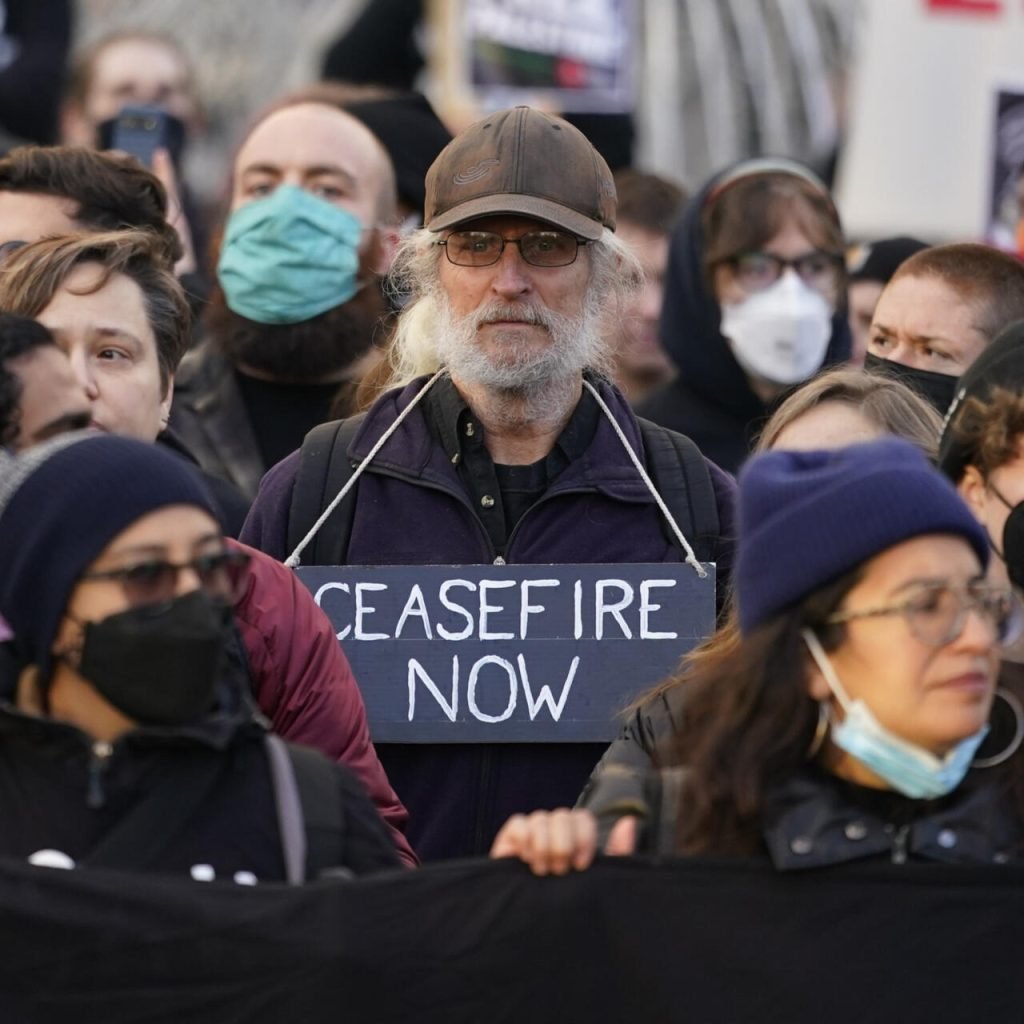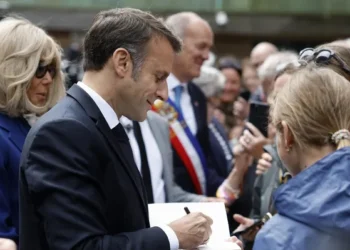Navigating a Path to Peace: The Complex Dynamics of Israel-Hamas Negotiations
- Trending
- Comments
- Latest
Musk’s Twitter purges blue tick marks.
April 23, 2023
Kamala Harris Secures Democratic Nomination
July 23, 2024
White House Defends President Biden’s Mental Fitness
July 9, 2024
Newsletter
Recent News
Kamala Harris Secures Democratic Nomination
July 23, 2024
White House Defends President Biden’s Mental Fitness
July 9, 2024















































